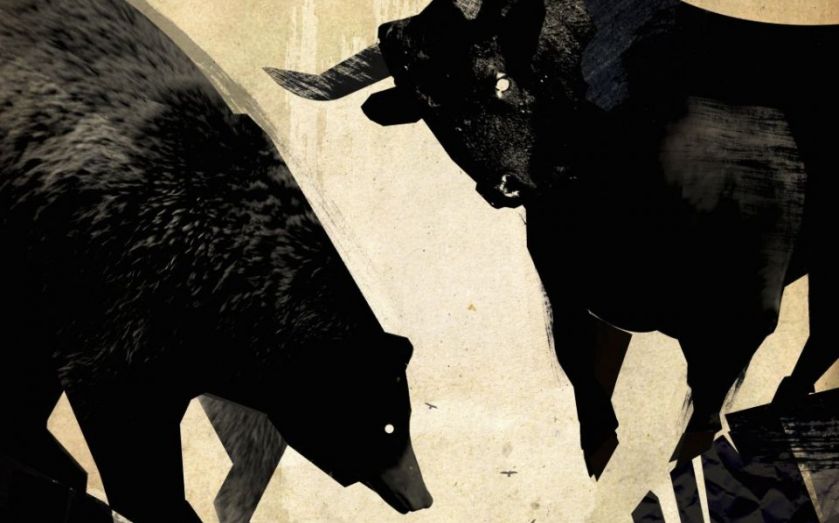Investing at the gates of hell: Why Kurdistan makes sense – Animal Spirits

Each month John Hulsman examines under-appreciated opportunities around the world, uncovering markets that it would be easy to overlook.
Drake’s prayer, written in 1577 by the legendary English sea captain Francis Drake as he was about to embark on his circumnavigation of the globe, has been much on my mind recently. “Disturb us, Lord, to dare more boldly, To venture on wider seas where storms will show your mastery, Where losing sight of land we shall find the stars.” It’s audacious thinking, but nothing better captures what’s so very wrong with the second-rate quality of much of today’s analysis of the world. Analysts are so afraid of being wrong that they are never right; confusing caution with wisdom is the cardinal sin of our grey age. This analytical flaw is especially unhelpful when it comes to frontier investing.
Instead, bold investing requires counter-intuitive thinking. The operating manifesto of this column, Animal Spirits, will be to make Drake’s prayer our personal credo – crossing the globe in his shrewd, swashbuckling style – travelling along the many roads not taken in terms of global investment opportunities, so we can indeed lose sight of the land and find the stars.
It is hard to imagine a first destination that more lives up to our promise. For being economically involved in the Kurdish Regional Government (KRG) in northern Iraq genuinely amounts to frontier investing at the gates of hell. Its neighbours include the barbarous Islamic State (IS), along with long-time foes Turkey and Iran, not to mention the Shia-dominated Iraqi government itself, an inept if implacable rival. It is the mother of all understatements to say that Iraqi Kurdistan is in a bad neighbourhood.
But a funny thing has happened on the Kurds’ highway to hell; they have somehow discovered an off-ramp to prosperity. Since the US provided the KRG with a no-fly zone after the First Gulf War in 1991 (and de facto autonomy), they have gone from strength to strength in terms of their diplomatic position, internal stability, economics, and even democracy. In a region replete with horror stories, here is a successful tale that should be shouted from the rooftops.
Militarily, the Kurds have seen off the worst of the IS onslaught, due to the fighting qualities of their respected Peshmerga army (120,000 strong) and closely-coordinated US air strikes. This has preserved the KRG’s reputation as an oasis of stability in a sea of strife.
Diplomatically, the KRG government of Masoud Barzani (President of the region since 2005) has also achieved wonders. Relations with Iran have greatly improved, and long-time foe Turkey has become a close and vital ally, with Kurdish oil increasingly fuelling its powerful neighbour.
Even the Kurds’ ties with their long-time foe – the central Iraqi government – have startlingly improved under Iraq’s new al-Abadi government. In December 2014, at long last, Baghdad and the KRG came to an agreement on coordinating revenue sharing, both in terms of the Kurds’ oil proceeds as well as their share of the overall Iraqi budget. This long-time irritant in relations seems at last to have been definitively mastered. At present, it is hard to think of any other country that has done so well diplomatically over the past decade.
The two major political parties in the relatively democratic KRG reflect the two dominant tribal family groupings there – the Talabanis and the Barzanis. Both have genuine political legitimacy, and are thus forces for stability. Economically the region is viable due to its significant oil reserves; it is estimated to possess 45bn barrels, or around one-third of the Iraqi total. Since the US invasion in 2003, Iraqi Kurds have seen their per capita GDP increase tenfold.
In other words, Iraqi Kurdistan passes the first rule of frontier investing with flying colours: it is the only political entity in the whole wretched region with truly positive internalities; left to itself, it would make it on its own. Savvy investors should take note.